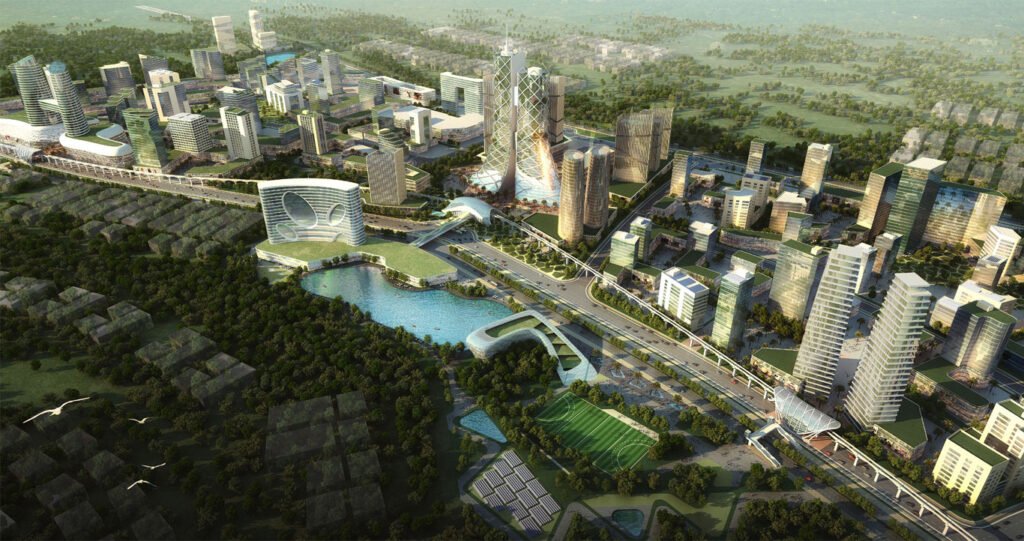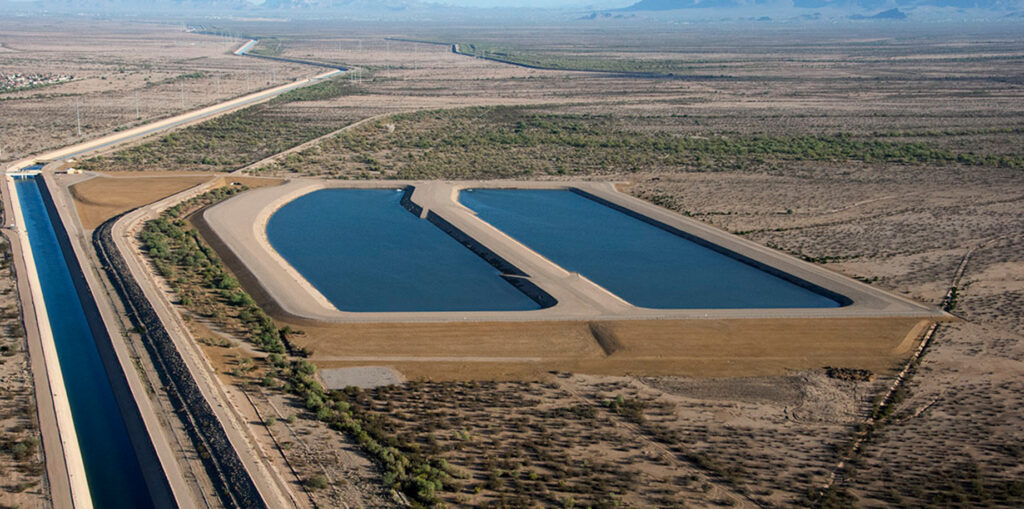
In the rapidly evolving landscape of urban development, the need for sustainable and efficient water management has become a pressing concern, particularly in the context of India’s ambitious smart city initiatives. As the country’s population continues to grow, the demand for clean, reliable water resources has intensified, leaving policymakers and city planners searching for innovative solutions to address this critical challenge.
Recognizing the importance of water security in shaping the future of India’s urban centers, this article delves into the advanced water storage technologies and solutions that are being incorporated into the design and implementation of smart city projects across the country.
Integrating Advanced Water Storage Technologies:
One of the key pillars of smart city development is the adoption of cutting-edge technologies that enhance the efficiency and resilience of urban infrastructure. In the realm of water management, innovative water storage solutions have emerged as a critical component, offering a multitude of benefits that address the unique needs of India’s urban landscapes.
Underground Water Storage Tanks:
Traditional above-ground water tanks have often been limited by space constraints and aesthetic considerations in dense urban environments. As a solution, underground water storage tanks have gained traction, offering a space-saving and discreet approach to water storage. These subterranean systems can be integrated seamlessly into the underground infrastructure of smart cities, optimizing the use of limited surface area while providing a reliable source of water for various applications, such as irrigation, firefighting, and non-potable uses.

Modular and Scalable Water Storage Systems:
To cater to the diverse needs of India’s growing cities, modular and scalable water storage systems have become increasingly popular. These innovative solutions allow for the customization and expansion of water storage capacity as per the evolving demands of the urban population. By employing modular design principles, these systems can be easily installed, expanded, or reconfigured to adapt to changing requirements, ensuring the water storage infrastructure remains responsive to the dynamic needs of smart cities.
Intelligent Water Management Systems:
Integrating advanced water storage solutions with intelligent water management systems is another key trend shaping the future of smart city water infrastructure. These integrated systems leverage cutting-edge technologies, such as sensors, data analytics, and automation, to optimize the entire water storage and distribution network. By monitoring water levels, detecting leaks, and automating water distribution, these intelligent systems can enhance the efficiency, resilience, and sustainability of urban water management, ultimately contributing to the overall water security of smart cities.
Decentralized Water Storage Solutions:
Recognizing the importance of localized water management, smart city initiatives in India have also explored the potential of decentralized water storage solutions. These distributed systems, which can be implemented at the community or building level, reduce the strain on centralized water infrastructure and promote self-sufficiency in water resources. From rainwater harvesting systems to greywater recycling units, these decentralized solutions empower local communities to manage their water needs more effectively, fostering a culture of water conservation and resilience.
Innovative Public-Private Partnerships:
To drive the implementation of these advanced water storage solutions, smart city projects in India have often relied on innovative public-private partnerships (PPPs). By leveraging the expertise and resources of the private sector, these collaborative initiatives have facilitated the deployment of cutting-edge technologies, the sharing of best practices, and the development of sustainable financing models. Such PPPs have proven instrumental in overcoming the challenges of scaling up water storage solutions and ensuring their long-term viability within the broader smart city framework.

Conclusion:
As India continues its ambitious journey towards building smart, sustainable cities, the integration of innovative water storage solutions has emerged as a critical component of this transformation. By embracing advanced technologies, promoting decentralized approaches, and fostering public-private collaborations, smart city projects across the country are paving the way for a more water-secure urban future.
These innovative water storage solutions not only enhance the efficiency and resilience of urban water infrastructure but also contribute to the overall livability and environmental sustainability of India’s smart cities. As the nation continues to lead the global charge in smart city development, the lessons learned and the best practices established in this domain hold immense potential to inspire and guide similar initiatives worldwide, ultimately shaping a more water-wise and future-ready urban landscape.


